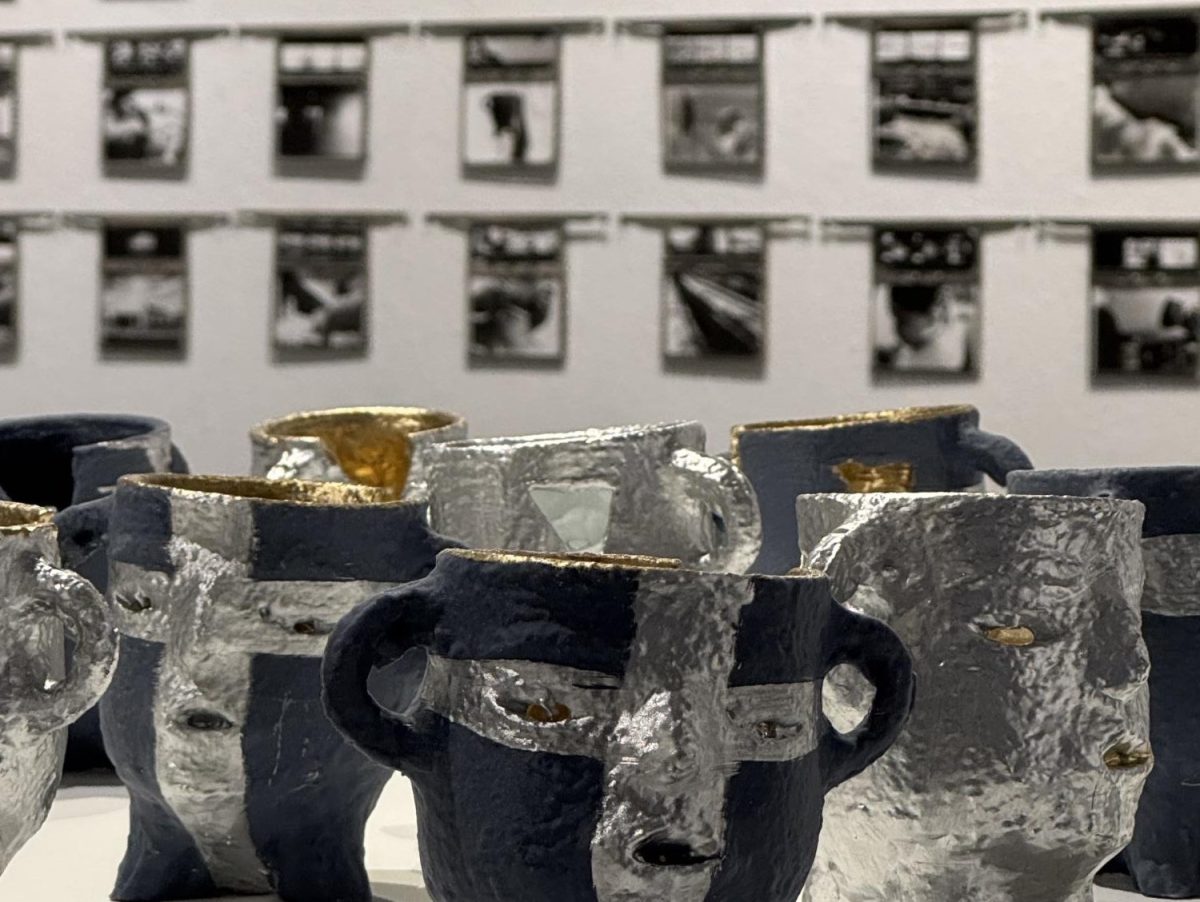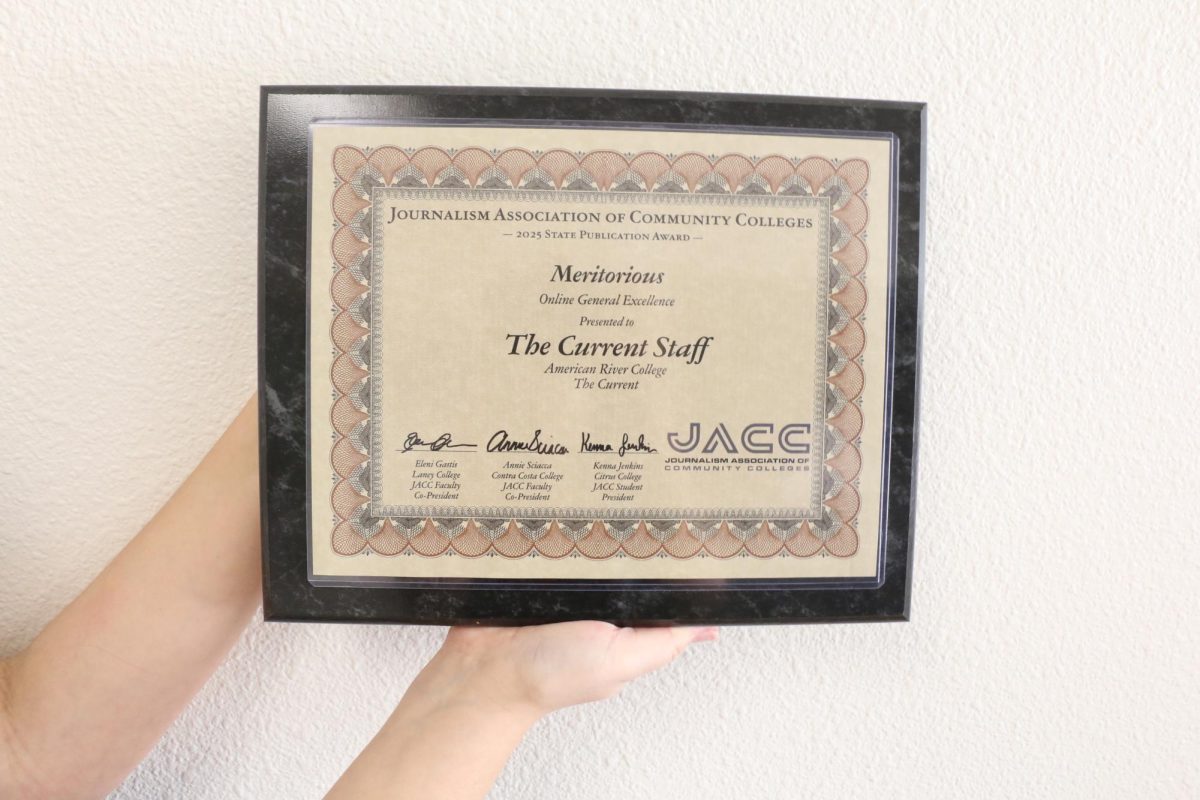
While it offers a unique modern interpretation, Justin Kurzel’s “Macbeth” offers little to get excited about for both new audience members and those who are already familiar with William Shakespeare’s play.
The titular character, Macbeth (played by Michael Fassbender), is told a prophecy that he will become king by three women that he met after a vicious battle. Convinced by his wife, (played by Marion Cotillard) that he should kill the current king, so he could ascend to the throne.
The only writer that rivals Shakespeare on the number of their work featured on the big screen is Stephen King, and, like King, Shakespeare movies do not have a perfect track record.
“Macbeth” differs from past Shakespeare film productions in that it works as a film. The viewer gets the sense that they are entering the character’s head once the monologues begin to take place, instead of feeling like someone who just so happen to walk in a room while someone is talking to themselves.
One major aspect the film does better than the play is that it shows the murder of the king, which, originally, takes place off stage, forcing playgoers to imagine the brutality of the deed.
Casual fans will be put off by its slow, plodding pace, but fans of directors such as Ingmar Bergman’s introspective films may find delight in its experimental style.
At the film’s climax, the entire screen looks as if it was caught in flames, giving the viewer an apocalyptic vision that rivals that of any zombie flick that came out in the last decade.
Some of the more famous scenes, such as Lady Macbeth’s descent to madness had been left on the cutting room floor.
Fassbender’s portrayal of Macbeth is haunting. The viewer can see the wear and tear that his attempts to control his power and his guilt surrounding his misdeeds have on him.
For fans of Shakespeare, the film feels like attending a concert of a favorite band, but the most anticipated songs are never performed.
Late director Stanley Kubrick for the most part was notorious with how he interpreted his film adaptations, and in the end would create a movie that was unlike the book that it was based on.
Ultimately this is not William Shakespeare’s “Macbeth,” but rather Justin Kurzel’s “Macbeth.”













